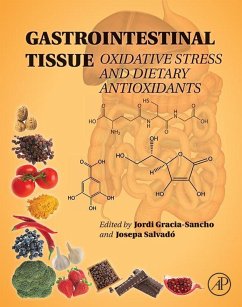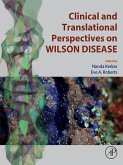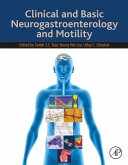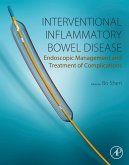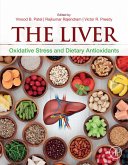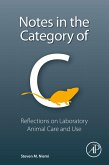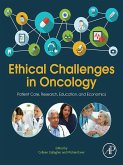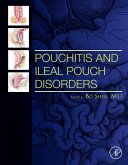The processes within the science of oxidative stress are described in concert with other processes, including apoptosis, cell signaling and receptor mediated responses, further recognizing that diseases are often multifactorial with oxidative stress as a component. By combining the critical molecular processes underlying free radical mediated pathologies and the role of dietary antioxidant molecules, a connection is made that helps advance therapies and the prevention of gastrointestinal pathological processes.
This important reference is well designed with two complementary sections. Section One, Oxidative Stress and Gastroenterology, covers the basic processes of oxidative stress from molecular biology to whole organs, the gastrointestinal anatomy and sources of oxidative stress and free radicals and their products in gastrointestinal diseases. Section Two, Antioxidants and Gastroenterology covers antioxidants in foods, including plants and components.
- Covers the science of oxidative stress in gastrointestinal tissue and associated conditions and scenarios
- Provides information on optimal levels for human consumption of antioxidants, suggested requirements per day, recommended dietary allowances and curative/preventive effects of dietary antioxidants
- Presents an easy to reference guide with two complementary sections that discuss the pathophysiology of gastrointestinal diseases in relation to oxidative stress and antioxidant therapies
Dieser Download kann aus rechtlichen Gründen nur mit Rechnungsadresse in A, B, BG, CY, CZ, D, DK, EW, E, FIN, F, GR, HR, H, IRL, I, LT, L, LR, M, NL, PL, P, R, S, SLO, SK ausgeliefert werden.

